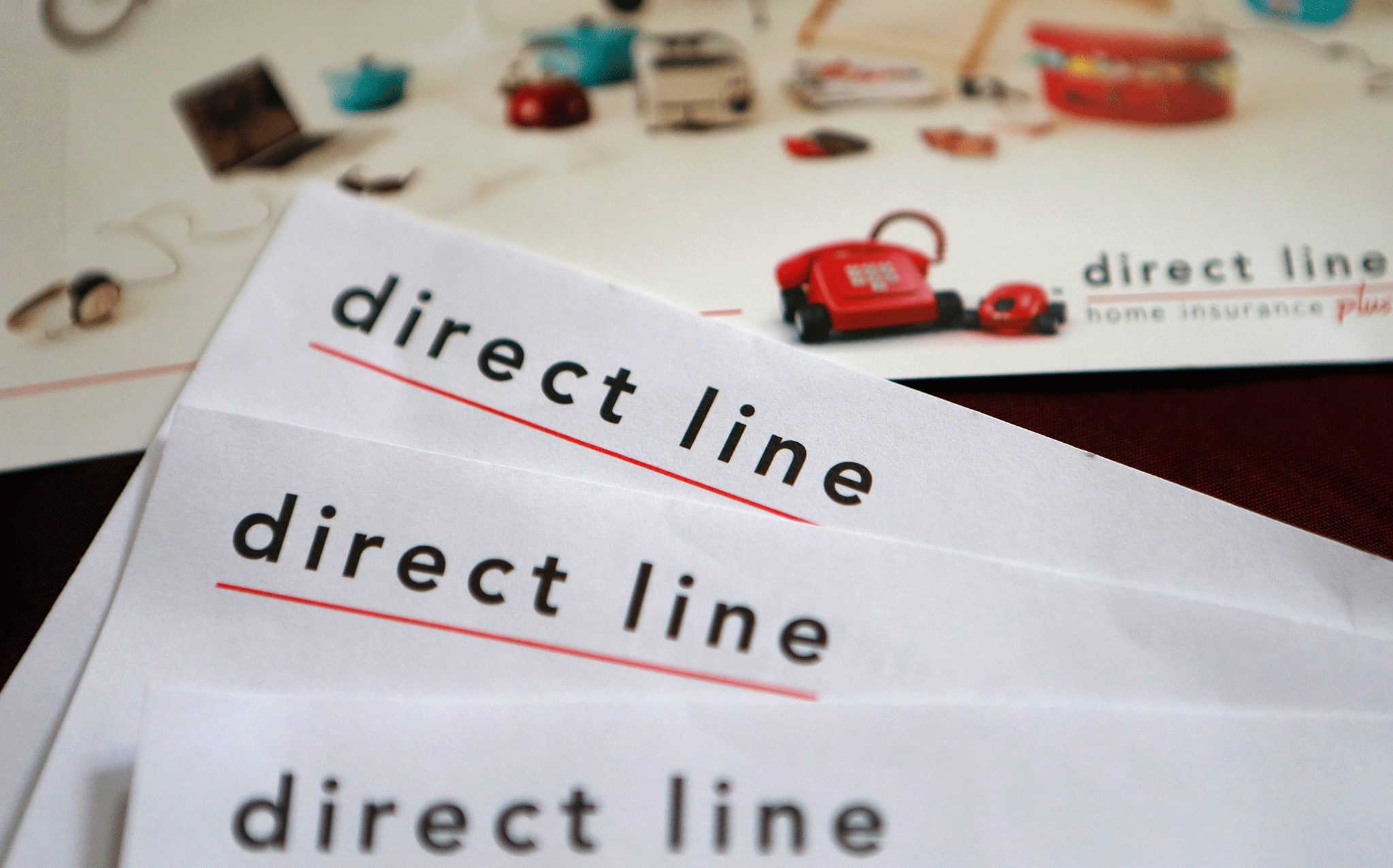Direct Line's soaring profits, dividends, and the real reason you're paying all-time-high motor insurance premiums
The insurance industry blames compensation costs for its high prices, but these results add weight to a study showing that a lack of competition is the real reason

Your support helps us to tell the story
From reproductive rights to climate change to Big Tech, The Independent is on the ground when the story is developing. Whether it's investigating the financials of Elon Musk's pro-Trump PAC or producing our latest documentary, 'The A Word', which shines a light on the American women fighting for reproductive rights, we know how important it is to parse out the facts from the messaging.
At such a critical moment in US history, we need reporters on the ground. Your donation allows us to keep sending journalists to speak to both sides of the story.
The Independent is trusted by Americans across the entire political spectrum. And unlike many other quality news outlets, we choose not to lock Americans out of our reporting and analysis with paywalls. We believe quality journalism should be available to everyone, paid for by those who can afford it.
Your support makes all the difference.While motorists grapple with all-time-high premiums, Direct Line was the toast of the City having turned in a bravura set of results that sent the shares soaring skyward.
It comes a couple of weeks after I penned an attack on the insurance industry for trying to pin the blame for the record costs of insuring a car on the cost of compensating accident victims such as myself.
I ventured to suggest that the real reason premiums are rising is, instead, down to the industry’s desire for greater profits, and a lack of competition in the market to keep them down.
Direct Line’s results, which show a 9.5 per cent increase in operating profits to £354.2m, add weight to my argument.
First the background. The industry screamed blue murder following the Government’s decision to tweak the “Ogden rate”, which is used to calculate what is paid to compensate people for what are often awful injuries, in victims’ favour. Bear in mind, we aren’t all the fake whiplash claimants that insurers would like you to believe we are. Some of us are grappling with serious disabilities.
The Association of British Insurers took aim at the decision when its own figures revealed that motor insurance premiums have risen by 11 per cent in the last year.
But here’s what Direct Line had to say on the subject in its results statement: “Detailed case reviews conducted in Q2 (the second quarter of the year) of the additional costs arising from the lowering of the Ogden discount rate indicated a lower than expected increase to claims costs. This has resulted in a reserve release of £49m, leading to a total prior-year reserve release of £174.6m in the first half of 2017.”
In other words, we’re not taking the hit we thought we would from paying out a bit more to compensate paraplegics, amputees, people in constant pain (such as myself). So we’re kicking £49m extra over to our shareholders.
Here are some more figures from its statement that you might like to consider: Direct Line’s motor insurance loss ratio improved from 84.6 per cent in the first half of 2016 to 81.7 per cent in the first half of 2017. What that means is that claims are reducing as a proportion of the premiums it takes in. As a result, it’s making more money. Happy days for Direct Line shareholders!
At this point, I should stress that this piece should not be read as an attack on Direct Line. In fact, it is a company that has (in the past) served as a welcome, and disruptive, market entrant that enhanced competition.
My argument a couple of weeks ago was rather that, despite Direct Line’s past activities, the insurance market is not competitive enough to keep prices down (and that the competition authorities and/or the Financial Conduct Authority should investigate as a result).
Hence you paying through the nose for your insurance.
But you don’t just have to take my word for it. I based my original conclusions on a study by city consultancy Capital Economics. It found that while there are a lot of brands under which insurance companies sell their product, the actual number of underwriters, which control pricing, is quite small. There are just nine big ones.
On the back of its results, Direct Line has increased its interim dividend to shareholders by a staggering 38.8 per cent. You read that right: The dividend increased by 38.8 per cent.
Remember that number when you get your renewal letter.
Join our commenting forum
Join thought-provoking conversations, follow other Independent readers and see their replies
Comments